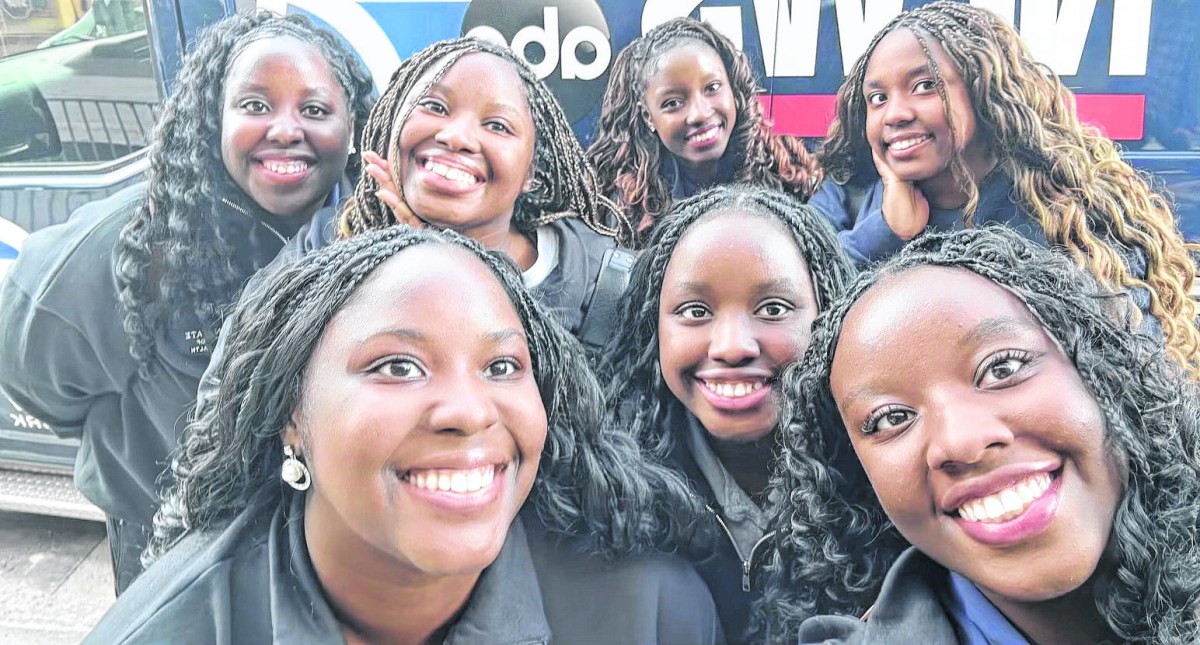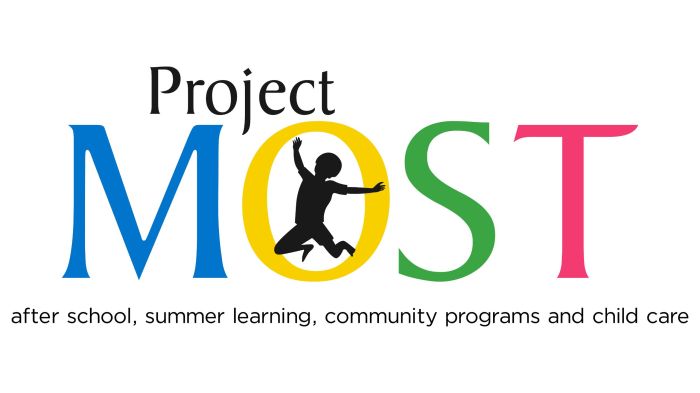Six sisters are studying to become nurses together at Adelphi University. And when they complete the program, they may go on to study midwifery – together.
Alecsandria, Danielle, Dominique, Gabriella, Lauren and Nathalia Lawrence created a stir when they enrolled in the Bachelor of Science in Nursing program at Adelphi together. Ranging in age from their late teens to their 20s, the sisters come from a tight-knit family that has grappled with homelessness and housing insecurity since their parents lost their home in Queens more than 10 years ago.
With the goal of becoming nurses, the Lawrence sisters, who were home-schooled while moving between temporary homes, earned their General Educational Development test (GED) diplomas in 2019 and began studying together at Nassau Community College. They went on to earn Bachelor of Science degrees in public health at State University of New York (SUNY) Old Westbury, and they expect to graduate with master’s degrees in public health from SUNY Downstate Health Sciences University in Brooklyn by this summer. Strong grades helped the Lawrence sisters earn scholarships to Adelphi University, where the six began taking classes this semester toward their nursing degree. They have four more semesters to go after this one.
“The Lawrence sisters are very dedicated and very energized,” says Deborah Hunt, Ph.D., R.N., dean of the Adelphi College of Nursing and Public Health. “And they’re also very close to each other. They vary in age but they’re at a similar level in their studies. When we first met with them and their parents, it was obvious that it is their hearts’ desire to become nurses, and as a proud alum of Adelphi, I’m so glad they chose our school. They came to our program with a lot of prerequisites already. They’re completing a few remaining general education prerequisites this semester, and they begin nursing classes in the fall.”
In some classes, all six siblings are together.
“Whenever we have a class all together, the first time the teacher notices the list of names and sees ‘Lawrence’ six times, they’ll say, ‘there are six of you, are you related?’” Danielle says. “First they’ll guess we’re cousins, and we’ll say, ‘No, we’re sisters,’ and they’ll say, ‘All of you?’”
Nathalia says that nursing was a natural fit for her and her sisters.
“Ever since we were younger, we always loved to take care of others, and God led us to this path,” she says. “We were always interested in science, and we think it would be a good benefit to gain skills that help people heal, whether mentally or physically, and it’s a blessing that we can do it together.”
The girls’ father, a former minor league baseball player, encouraged them to pursue nursing, and their mother, who works as a nurse’s aide in a hospital, agreed that nursing was a fine choice.
There are many specialties within nursing, and the Lawrence sisters have talked about different areas that interest them, such as neonatal intensive care or dermatology. One area that is of particular interest is midwifery, and the siblings say they may potentially pursue a midwifery program after nursing school, such as the Advanced Certificate in Midwifery at SUNY Downstate.
“Our parents always talked about a midwife who birthed five of the seven of us, and she was at Downstate,” Lauren says. (The family also includes a younger sister, Sarah.) “We decided to look the midwife up while we were at Downstate, and we found out she was still there, but was retiring in about a week. We got to meet with her before she left, and she gave us advice and pointers, which helped us decide that being a nurse-midwife is something we are interested in doing.”
But while that’s the goal currently, “God may put things before us that we didn’t expect,” Nathalia says.
“A career in nursing provides many opportunities to advance and pursue different specialties, and to work anywhere,” Hunt says. “When they graduate from our program, most nurses are practice-ready as nurse generalists. Many will eventually go into different specialties,” she says, listing medical-surgical, perioperative, critical care, telemetry, psychiatric/mental health, pediatrics, community health, emergency room, labor and delivery, critical care and home healthcare as some of the possible areas of focus. “When there is high demand for a particular specialty, such as perioperative, new nurses may be offered the opportunity to be mentored in that role in a fellowship or residency,” Hunt says.
In addition to obtaining specialty certifications in their areas of expertise, nurses may choose to pursue advanced degrees and advanced practice certificates, such as becoming a nurse practitioner or nurse educator.
“There are so many areas that nurses can explore,” Hunt says.
The registered nursing (R.N.) workforce is expected to grow by 6% over the next decade, from 3.1 million in 2021 to 3.3 million in 2031, an increase of 195,400 nurses, according to a McKinsey Frontline Workforce Survey. A current nursing shortage is expected to intensify by 2030 as baby boomers age and the need for healthcare rises. But while a career in nursing offers job security and a good salary, “you have to have the compassion and desire to be a nurse,” Hunt says. “You need many attributes, including cognitive ability, clinical judgment and the ability to think critically, but compassion is an important part of it. We consider nursing to be an art and a science; you need to want to do it. If you are doing it just for the job or the money, you will not be very happy.”






























